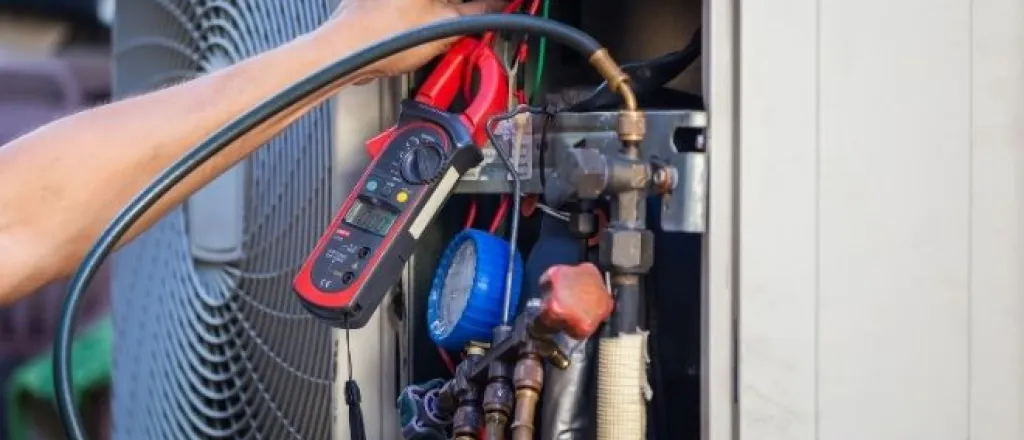
The Dangers of AC Refrigerant Leaks
Keeping up with your air conditioner’s maintenance schedule might be more important than you think. Failing to practice proper maintenance may result in far worse consequences than an uncomfortably warm space or frequent repair costs. In the case that a refrigerant leak occurs, your household could be at risk for serious health complications. To better understand the risks associated with shirking your air conditioner’s maintenance plan, here are some of the potential dangers of AC refrigerant leaks.
Refrigerant Contains Toxic Chemicals
Refrigerant or Freon contains a variety of toxic chemicals. When located inside of the copper coils in your air conditioner, these chemicals pose no health or safety threat. However, if a crack forms in the coils and the refrigerant starts to leak, it can negatively impact the air quality of your home.
When inhaled, Freon can have a range of negative health impacts that range from minor to severe depending on the level and duration of exposure. Unfortunately, freon is both tasteless and colorless, which means detecting a refrigerant leak can be challenging. To prevent a harmful leak from going unnoticed until the negative health impacts have already started to occur, keep an eye out for common warning signs, such as frozen evaporator coils on your AC system, high electricity bills, and warm air output from your air conditioner.
Health Impacts of Refrigerant Leaks
As previously stated, refrigerant contains toxic chemicals that can have numerous negative impacts on one’s health when released into the air and inhaled—especially on one’s respiratory system. Some of the main health impacts of Freon exposure include:
- Headaches
- Nausea
- Skin, throat, and eye irritation
- Difficulty breathing
In some cases, the dangers of AC refrigerant leaks are even more pressing and potentially life-threatening. If you begin to experience serious health impacts such as labored breathing, loss of consciousness, irregular heartbeat, seizures, or fluid buildup in the lungs, consult your doctor immediately and get your AC unit thoroughly inspected by a mechanic to see if a leak has occurred.
















